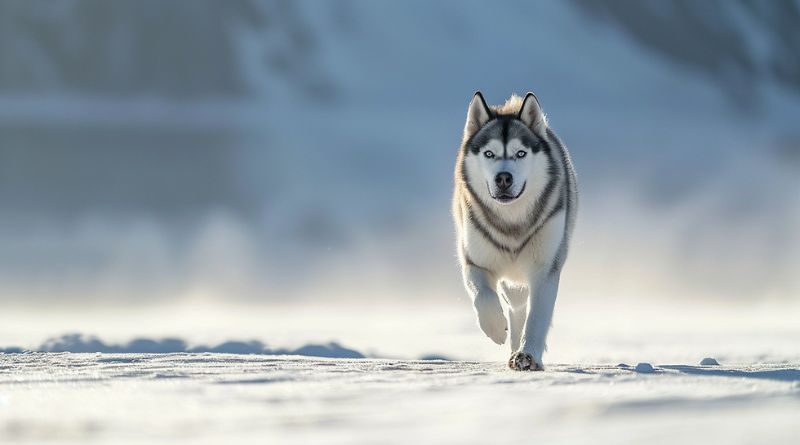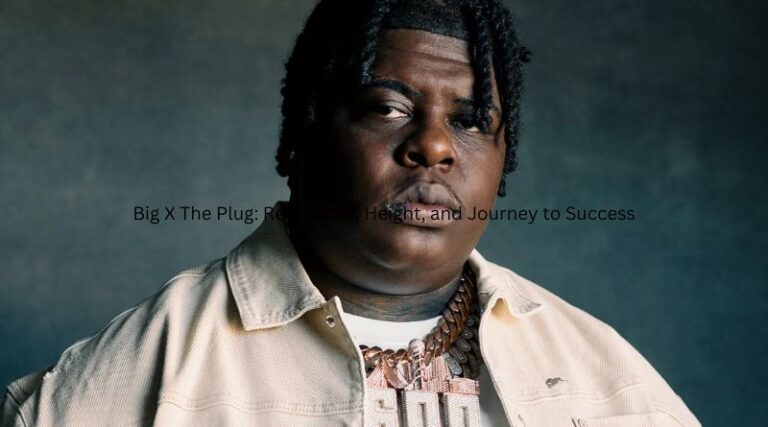
Siberian Huskies are one of the most beloved and striking dog breeds, known for their beautiful coats, striking blue or heterochromatic (two different colored) eyes, and energetic personalities. However, one behavior that often puzzles new Husky owners and even seasoned dog lovers is the infamous “scream” that these dogs are sometimes known to make. While the word “scream” may seem extreme, it refers to a variety of vocalizations Huskies can produce that are unlike the typical barking or howling you might hear from other breeds.
Table of Contents
In this article, we’ll explore why Huskies scream, what the behavior signifies, and what you can do if you encounter this unusual vocalization. We’ll also cover common misconceptions, the breed’s communication style, and answer some frequently asked questions to provide a well-rounded understanding of this fascinating behavior.
Understanding Husky Vocalizations
To fully understand why Huskies scream, it’s important to first recognize that this breed has a very diverse and unique way of communicating. While some dogs may rely heavily on barking, Huskies are known for being more vocal in other ways. These vocalizations can include howling, whining, growling, and, of course, the infamous scream.
1. Howling
Huskies are renowned for their howling abilities, a trait they share with their wolf ancestors. Howling is typically an instinctual behavior that is used for communication in the wild, such as alerting pack members to their location. In domestic settings, Huskies may howl to express their emotions, get attention, or even in response to certain sounds (like sirens or musical instruments).
2. Whining
Huskies may also whine as a form of communication. This vocalization is usually associated with distress, anxiety, or a desire for attention. It may occur when the dog is left alone or if they are hungry or bored.
3. Growling
Huskies sometimes growl to express discomfort, frustration, or to signal that they feel threatened. Growling is typically not an aggressive sign unless paired with other body language indicating fear or aggression.
4. Screaming
The scream, however, is a unique vocalization that separates Huskies from many other breeds. While not all Huskies scream, it’s common enough to be a notable behavior within the breed. But why do they scream, and what does it mean?
Why Do Huskies Scream?
Husky screams are a combination of howling and whining. They are typically high-pitched, somewhat dramatic, and can sound almost human-like. While these screams may initially sound concerning, they are generally not a sign of distress or pain but rather a communication method.
1. Excitement and Attention Seeking
One of the most common reasons Huskies scream is because they are excited or seeking attention. Huskies are highly energetic dogs, and they often have a lot of pent-up enthusiasm, especially if they have been left alone for a while or if they know it’s time for something they enjoy, like a walk, playtime, or a treat. If they want to capture your attention, they might let out a scream to express their excitement.
2. Communication with Other Dogs or People
Siberian Huskies are known to be social animals. They enjoy being part of the action and communicating with their human family or other dogs. When they scream, they may be trying to tell you something, such as letting you know they want to join in on whatever you’re doing or that they’re ready for something exciting. This can happen when they see a family member leave the house, or if they are trying to initiate play with other dogs.
3. Expressing Frustration
Huskies, like many other dogs, can become frustrated when they don’t get their way. If they are not receiving the attention they crave or if they are unable to participate in a fun activity, they might resort to screaming. This is particularly true when they feel left out or are simply tired of waiting.
4. Separation Anxiety
Screaming can also be a sign of separation anxiety in Huskies. They are pack animals by nature, and being separated from their pack—whether that’s you, their family members, or other pets—can cause them distress. In this case, the scream may be a reaction to being left alone for too long.
5. In Response to Certain Stimuli
Sometimes, Huskies will scream in response to specific stimuli. This could include high-pitched sounds, such as sirens or certain musical notes, which can trigger a vocalization response. Additionally, some Huskies scream when they are playing or when they are feeling overly energetic. This behavior can sometimes be a form of expressing their excitement or simply a part of their playful nature.
6. Hereditary Traits
Huskies are descendants of sled dogs, and their ancestors were bred for communication across long distances in freezing conditions. They needed to make themselves heard across snow-covered plains and were often in packs. The scream is a vocalization that might have been used by their ancestors to communicate with each other. While domestication has somewhat softened these instincts, many Huskies retain this form of vocalization.
7. Pain or Discomfort
Though less common, a Husky might scream if they are experiencing physical pain or discomfort. If you suspect your dog is in pain, it’s important to observe them carefully for other signs of injury, such as limping, restlessness, or a lack of appetite. If you believe your dog’s scream is caused by pain, it’s best to consult a veterinarian to rule out medical issues.
Dealing with Husky Screaming
If your Husky is screaming excessively and it’s becoming a problem, there are steps you can take to address the behavior. However, it’s important to first ensure that the behavior isn’t a result of distress or injury.
1. Provide Enough Exercise
Huskies are high-energy dogs that require plenty of physical and mental stimulation. If your dog isn’t getting enough exercise, they may become frustrated and resort to screaming. Make sure your Husky is getting enough walks, playtime, and mental enrichment.
2. Training and Positive Reinforcement
Training your Husky to stop screaming on command can be very effective. Positive reinforcement, such as rewarding your dog when they are quiet or calm, can help them understand the desired behavior. Additionally, teaching them commands such as “quiet” or “settle” can be useful in managing vocalizations.
3. Socialization
Socializing your Husky with other dogs and people from a young age can help reduce anxiety-driven screaming. A well-socialized Husky will feel more comfortable in various situations and may not resort to screaming as a way to communicate.
4. Addressing Separation Anxiety
If separation anxiety is the cause of the screaming, it’s essential to work on gradually desensitizing your Husky to your departure. Start by leaving them alone for short periods and gradually increasing the duration. Offering them a safe space, like a crate, with comforting items can also help reduce anxiety.
5. Consult a Veterinarian
If you suspect your Husky’s screaming is related to pain or a medical issue, a visit to the vet is necessary. A professional can examine your dog and provide treatment or recommendations for managing the behavior.
FAQs About Husky Screaming
Q: Do all Huskies scream? A: Not all Huskies scream, but many will make high-pitched vocalizations at some point in their lives. The intensity and frequency of the screams can vary from dog to dog.
Q: Is screaming a sign of aggression in Huskies? A: Generally, screaming is not a sign of aggression. It’s more likely a form of communication or excitement. However, if a Husky is showing other aggressive behaviors, it’s important to seek professional advice.
Q: How can I stop my Husky from screaming? A: Providing adequate exercise, mental stimulation, and training can help manage and reduce screaming. Positive reinforcement and teaching them commands like “quiet” can also be effective.
Q: Should I be concerned if my Husky screams often? A: Occasional screaming is generally not a cause for concern, but if your Husky is screaming excessively or appears to be in distress, it’s important to investigate the cause and seek advice from a veterinarian or dog trainer.
Conclusion
Siberian Huskies are a unique breed with a distinct set of behaviors, including their signature screams. While these vocalizations may initially seem puzzling or concerning, they are typically just a form of communication or an expression of excitement. Understanding why your Husky screams and addressing any underlying causes can help you enjoy a harmonious relationship with your dog. With the right care, training, and attention, your Husky’s vocalizations can become just another charming aspect of their lively and affectionate nature.



